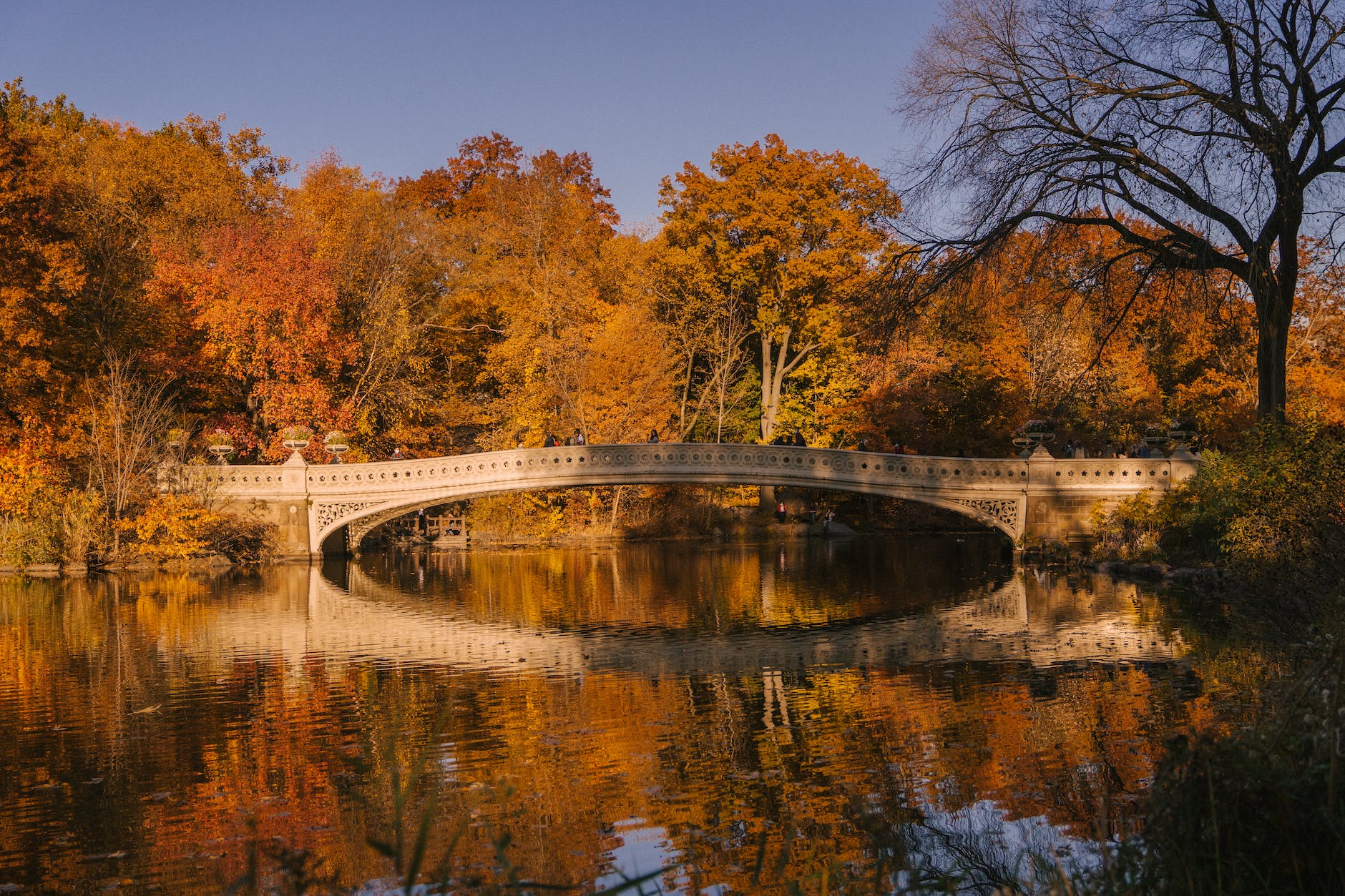<strong>Scientific Literature Review: Environmental Education</strong>
A recent study conducted by Slippery Rock University found that people from historically marginalized groups may find it difficult to connect to traditional modes of environmental education, because of the history and attitudes associated with the programs. The Pittsburgh Parks Conservancy works to provide a space for people of all identities to embrace environmental education.

The purpose of environmental education is to provide learners with skills and knowledge to protect and improve the environment around them. Environmental education should be solution-oriented, grounded in the local environment, and focus on helping learners develop their own “environmental identity.” Your environmental identity helps you connect to the natural world. This could be based on your own personal experiences with the outdoors, the culture you were raised in, or even the history that you were taught about the natural world.
Studies have shown that people with marginalized identities may view outdoor hobbies or “green” activities as inaccessible or not welcoming. This is due to a lot of different aspects of conventional environmental education programs, including them mostly being located in predominantly white areas, lacking non-white role models, and focusing only on nature through the lens of white history and culture. Historically, many environmental education programs push one kind of environmental identity onto people, rather than helping them to develop their own unique identity.
At the Parks Conservancy, we are committed to welcoming all of Pittsburgh’s people and communities to our programs and events, as well as working to combat prejudices. We strive to educate not only on scientific issues related to the environment, but also on the environment’s impact on social issues. Events like Forest Bathing in support of the LGBTQ+ community and Walking the Healing Path for members of the Jewish community affected by violence focus on bringing people together in nature. The Conservancy holds a Juneteenth concert to celebrate the Black community of Pittsburgh, while events in the “From Slavery to Freedom Garden” are generally dedicated to confronting the history of colonialism instead of erasing cultural history.
Many marginalized peoples have strong ties to the environment, through their culture and history. The Parks Conservancy works to honor these ties and provide a welcoming space for people of all races, ethnicities, and identities to develop their own environmental identity and embrace the city’s green spaces in whatever capacity speaks to them.
Please click the following link to read the complete study: https://pittsburghparks.org/wp-content/uploads/2022/06/VES-Final-Draft.pdf

